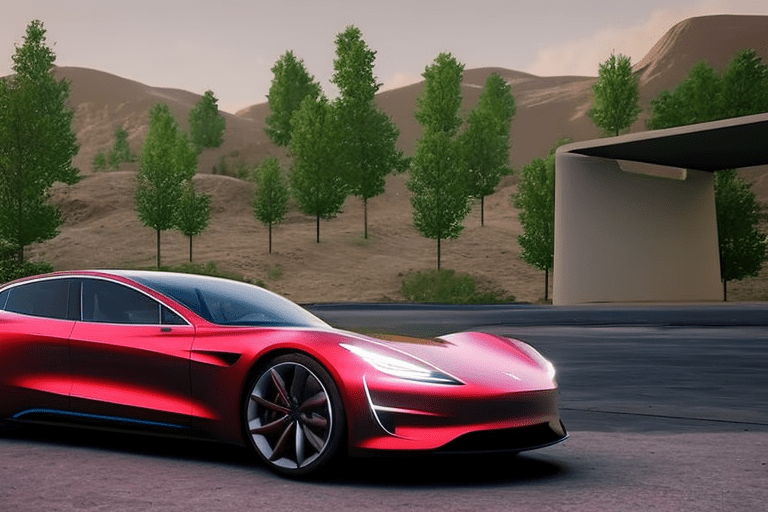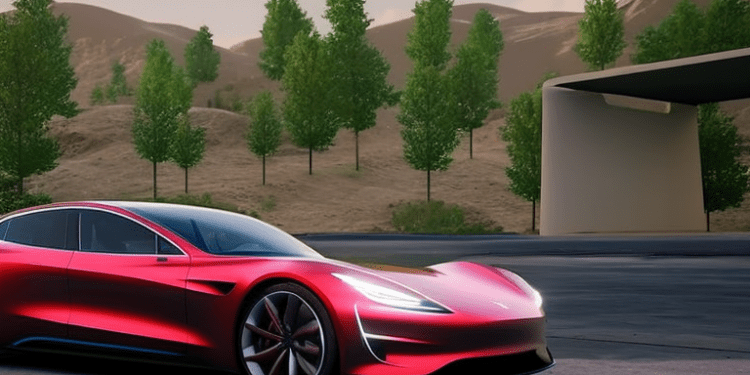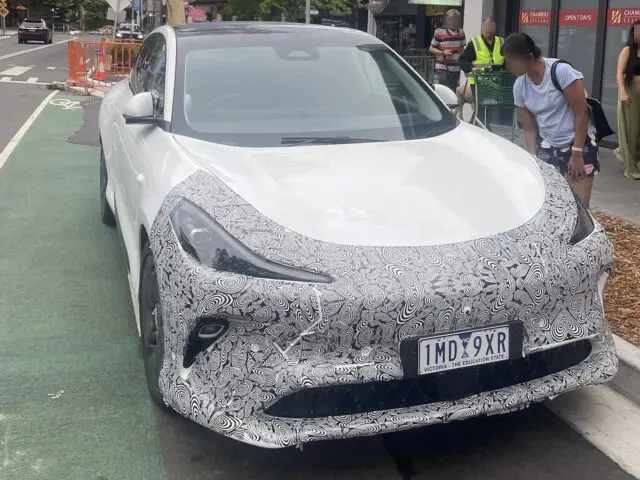Tesla is making a big push to expand its supply chain and production capabilities to meet the ambitious goal of producing 4 million units of its third generation platform vehicle per year. This new model, which was recently announced at the company’s Investor Day presentation, is a smaller version of the Model Y.
Tesla plans to manufacture 2 million units of the new model at its new factory in Mexico, 1 million in China at the Shanghai factory, and another million at Giga Berlin. To achieve this goal, Tesla is looking to vertically integrate its supply chain and reduce costs by 50% from $US39,000 to less than $US20,000.
Tesla is taking a different approach to traditional automakers who have long outsourced parts for their cars. Instead, Tesla is looking to make as many parts in-house as possible, eliminating the additional profit margin component of purchasing a part from an external supplier. To further reduce costs, Tesla is commissioning a 50 GWh/year lithium refinery by the end of this year and may even get into mining in the future.
By vertically integrating its supply chain and developing ever more automation into the production process, Tesla could take big strides towards its goal of a sub $US20,000 cost of production per vehicle. This would enable Tesla to reach its target of selling 20 million EVs per year by 2030, double the current largest car maker Toyota which produces around 10 million petrol and diesel cars per year.
FAQ
Q1: Are electric car batteries recyclable?
A1: Yes, electric car batteries are recyclable.
Q2: Are electric car chargers free?
A2: It depends on the charger and the location. Some electric car chargers are free, while others may require a fee.
Q3: Can electric car batteries be rebuilt?
A3: Yes, electric car batteries can be rebuilt with the right tools and knowledge.











